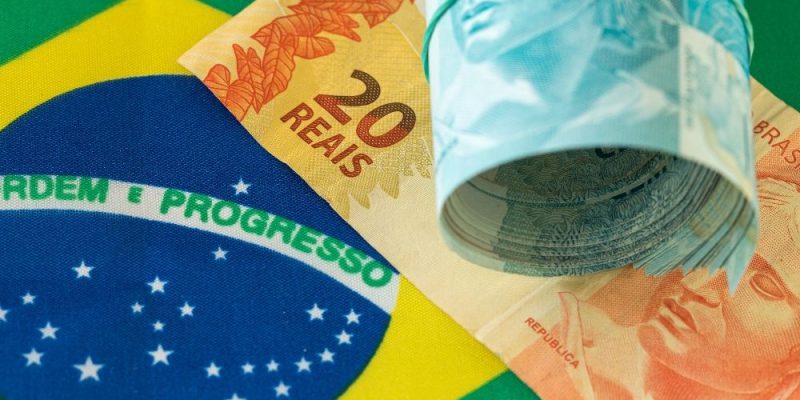
In a significant turn of events, Brazil’s economy reported a current account deficit of $6.5 billion for September, starkly contrasting the modest surplus seen in the same month the previous year.
This unexpected shortfall, higher than anticipated, highlights troubling trends within the nation’s economic framework.
With critical areas such as goods, services, and primary income encountering difficulties, Brazil’s economy must undergo strategic adjustments to reduce risks and support sustainable growth.
Analyzing the factors behind Brazil’s current account deficit
The current account is a key indication of a country’s economic performance, representing trade balances, income flows, and unilateral transfers.
Brazil’s significant deficit in September can be attributable to a decline in the surplus of goods traded, an increase in the deficit from services, and a widening gap in the primary income account.
Brazil’s goods surplus fell considerably, from $8.5 billion in September 2023 to $4.8 billion a year later. This loss was principally caused by an 18.4% increase in imports, which greatly surpassed the tiny 0.3% growth in exports over the same period.
The increasing disparity between rising imports and sluggish exports raises questions about Brazil’s trade balance.
Brazil’s current account deficit was $6.6 billion in August 2024, far exceeding the $1 billion recorded in the same month a year ago and beyond the $5.1 billion forecast.
This was the largest current account deficit since last December. The trade balance was $4.0 billion, a $4.8 billion reduction from the same time last year, as exports fell 6.5% and imports increased by nearly 12%.
At the same time, the services deficit increased by $1.6 billion, reaching $4.7 billion in total.
The primary income shortfall was $6.2 billion, a reduction of $851 million, as net expenses for profits and dividends from direct and portfolio investments fell by 18.7%. The secondary income surplus was nearly unchanged at $259 million.
The services sector deficit grew
The deficit in the services sector grew from $3.5 billion to $5 billion year-on-year.
This increase highlights weaknesses in Brazil’s service industries, pointing to a pressing need for improved competitiveness to draw in foreign investments and enhance the dynamics of service trade.
Primary Income Account: The gap in the primary income account widened from $5.1 billion to $6.5 billion, further complicating Brazil’s financial situation.
This increase indicates a growing outflow of income generated from foreign investments, underlining the necessity for Brazil to develop domestic income sources to lessen reliance on international inflows.
Impact on Brazil’s economic stability
The current account imbalance raises concerns about Brazil’s economic stability and long-term growth potential.
A rising deficit can result in increasing external finance demands, which can negatively impact the Brazilian real exchange rate.
If the imbalance persists, Brazil may experience currency devaluation, leading to rising import costs and even increasing inflation—all of which would harm consumers’ purchasing power.
The disparity between imports and exports does not just affect Brazil’s current account; it also underscores the urgent need for diversification and added value in the country’s export offerings.
Bolstering sectors like agriculture, manufacturing, and technology can improve export competitiveness and decrease dependency on imports, leading to a healthier trade balance.
Structural challenges
The expanding services deficit and primary income account deficit reveal deeper structural issues within Brazil’s economic setup.
Tackling these hurdles calls for focused policy actions aimed at boosting the competitiveness of the service sector, encouraging foreign direct investment, and fostering income growth domestically.
To effectively handle external economic shocks and navigate global uncertainties, Brazil must strengthen its economic resilience through careful policy decisions and strategic reforms.
Diversifying income streams, promoting growth in export-oriented sectors, and enhancing productivity across various industries are crucial steps needed to offset the adverse impacts of current account deficits and to secure sustainable economic development.
In summary, Brazil’s $6.5 billion current account deficit in September underscores the essential need for proactive efforts to resolve trade imbalances and strengthen the country’s economic fundamentals.
Efforts to improve export competitiveness, attract foreign investment, and increase domestic income creation are critical for reducing the risks associated with current account deficits and establishing the framework for long-term economic growth.
Brazil can successfully navigate its obstacles and achieve long-term success by focusing on structural changes and improving resilience in key economic sectors.
The post Brazil’s economy faces a $6.5 billion current account deficit in September appeared first on Invezz









